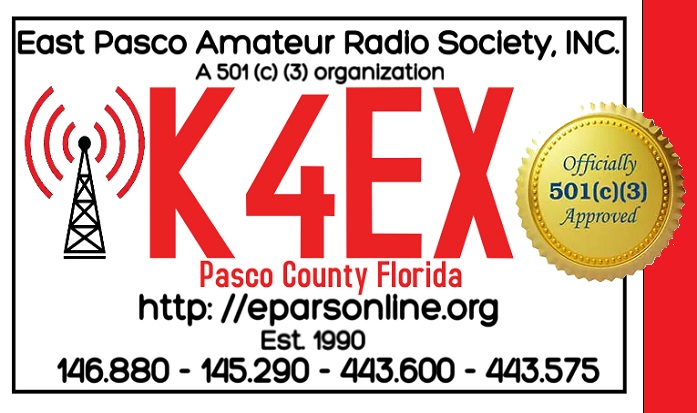RST Reports: An RST report is a report from a receiving station on the quality and strength of the transmitted signal. Using shorthand in the form of numbers to represent the tone of a CW signal or voice transmission of a transmitting station’s signal at the receiving station’s location (QTH). Here is what it means:
R – Readability – Understanding what is said and how well. On a scale of 1 to 5, the readability of your signal with a “5” being perfect with no difficulty. In other words the ability of the other operator to understand what you are saying. A “1” is unreadable….a “5” is perfectly readable.
S – Strength- On a scale of 1 to 9, indicates how strong your stations signal is. A “1” is a very faint signal. A “9” is an extremely strong signal.
T – Used for morse code signal reports. Indicates on a scale of 1 to 9 the quality of the tone of the morse code “dits and dahs”. From a “60 cycle harsh tone” a (1)…. To a “very pure tone”, a (9)
R = READABILITY
1 — Unreadable
2 — Barely readable, occasional words distinguishable
3 — Readable with considerable difficulty
4 — Readable with practically no difficulty
5 — Perfectly readable
S = SIGNAL STRENGTH
1 — Faint signals, barely perceptible
2 — Very weak signals
3 — Weak signals
4 — Fair signals
5 — Fairly good signals
6 — Good signals
7 — Moderately strong signals
8 — Strong signals
9 — Extremely strong signals
T = TONE
1 — Sixty cycle a.c. or less, very rough and broad
2 — Very rough a.c. , very harsh and broad
3 — Rough a.c. tone, rectified but not filtered
4 — Rough note, some trace of filtering
5 — Filtered rectified a.c. but strongly ripple-modulated
6 — Filtered tone, definite trace of ripple modulation
7 — Near pure tone, trace of ripple modulation
8 — Near perfect tone, slight trace of modulation
9 — Perfect tone, no trace of ripple or modulation of any kind
